Matthew Olzmann
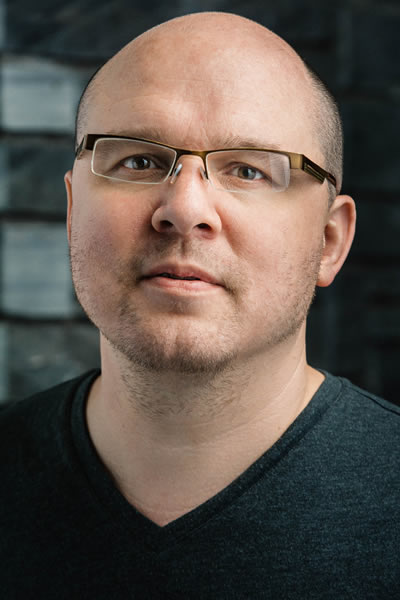
Photo by Margarita Corporan

Photo by Margarita Corporan
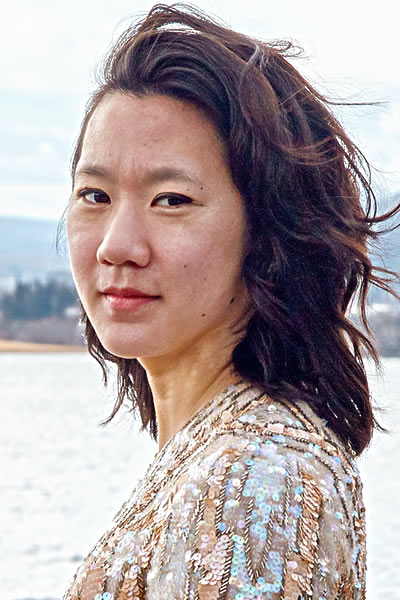
Photo by Apple Chua
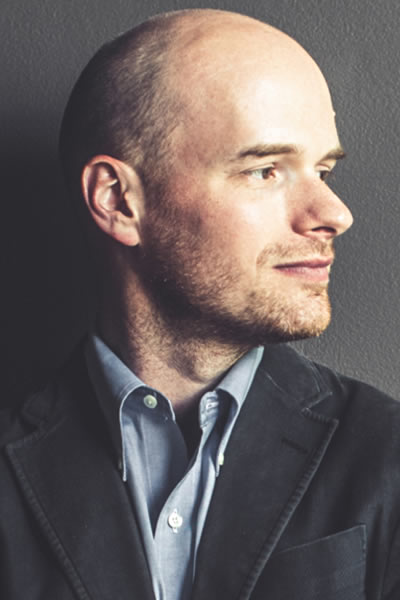
Photo by Jeff Roffman
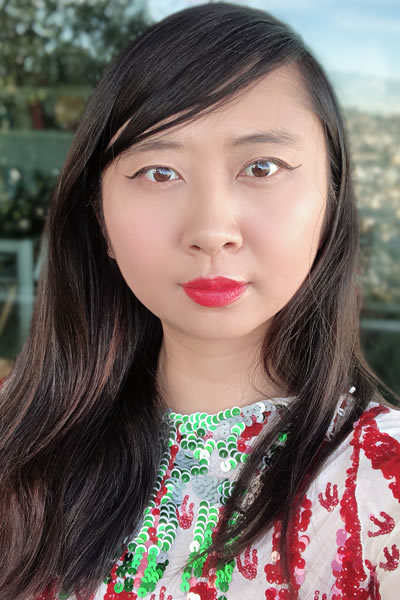
Photo courtesy of Sally Wen Mao
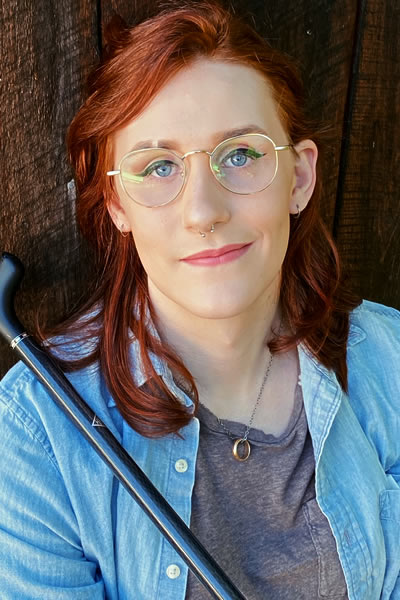
Photo by Tarik Dobbs
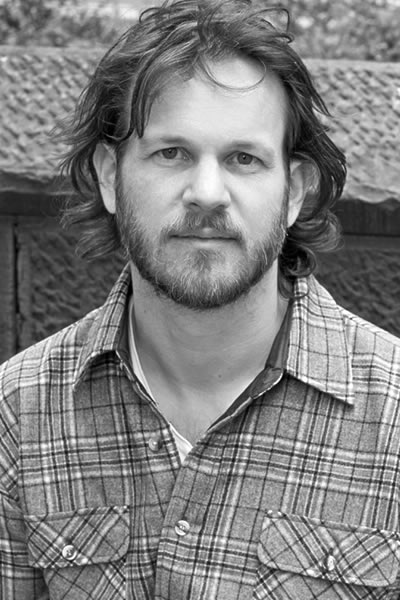
Photo by James Kendi
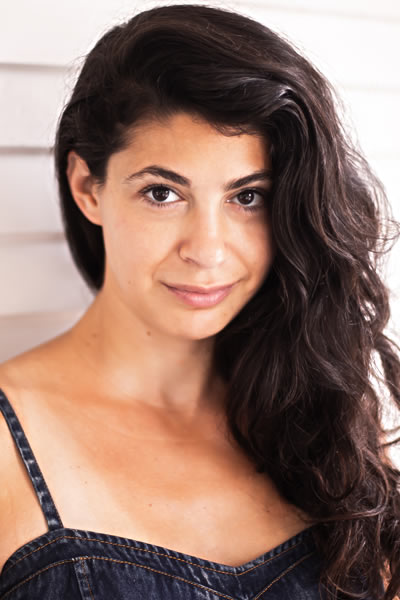
Photo by Mark Koranda
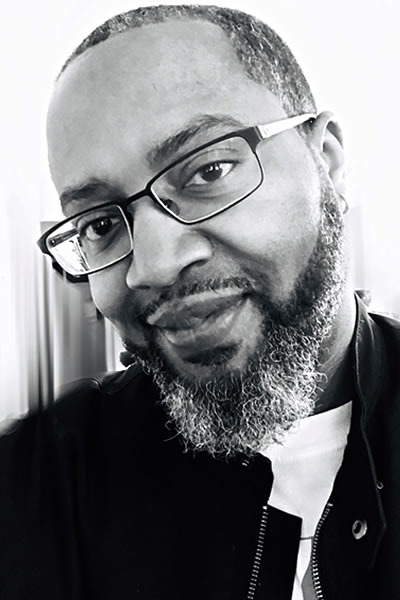
Photo courtesy of Mitchell L. H. Douglas
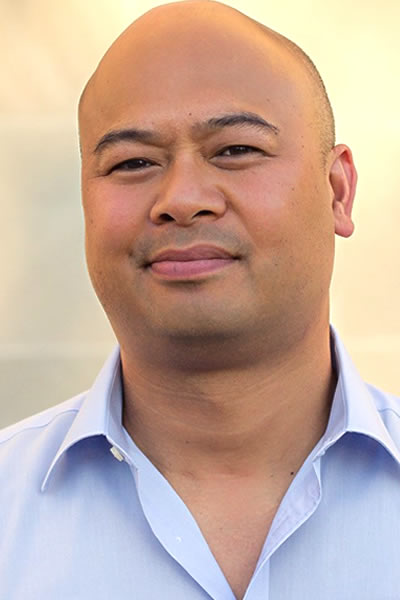
Photo by Danielle Papandrea Photography
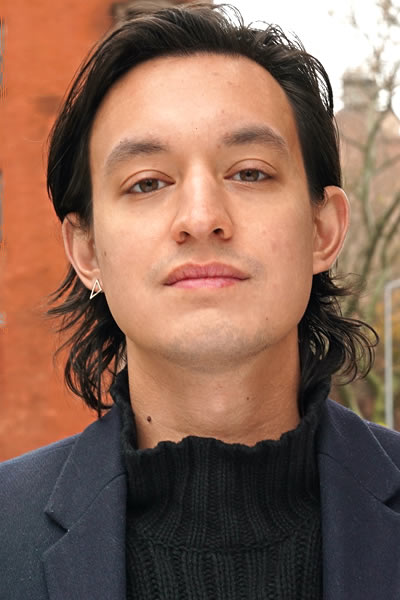
Photo by Amelia Golden

